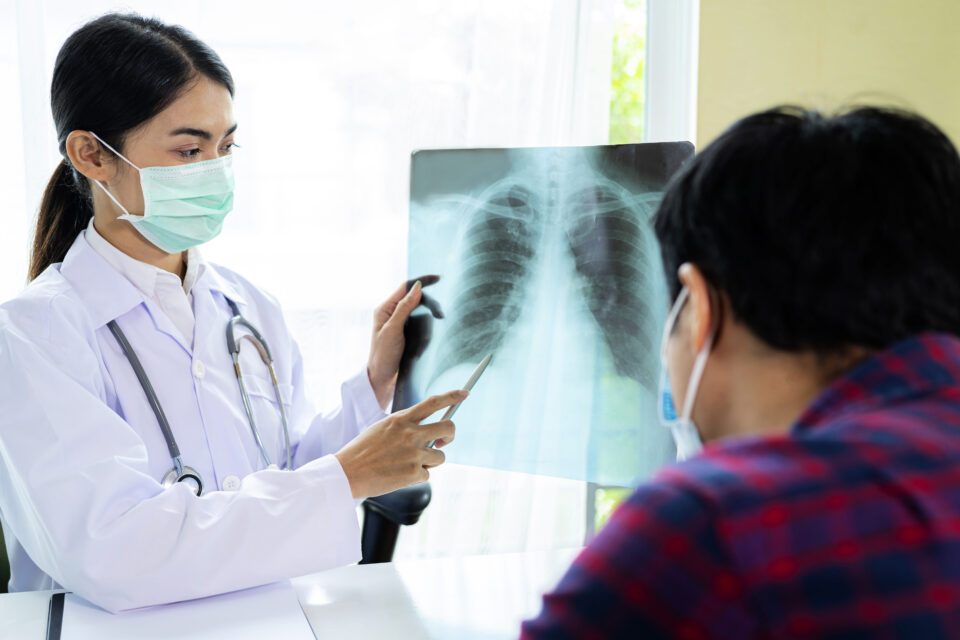Tuberculosis (TB)
The Department investigates, treats, and manages cases of both latent TB infection (LTBI) and active TB disease in Allen County residents.
Anyone who might have been exposed to tuberculosis can request a skin test. If the result is positive, the Department clinic offers testing, education and any necessary treatment or case investigation to prevent others from being infected.

Signs and Symptoms
General symptoms of TB disease include feeling sick or weak, weight loss, fever and night sweats. TB disease of the lungs causes a cough lasting more than three weeks, chest pain and coughing up blood. Symptoms of TB disease in other parts of the body depend on the area affected.
Diagnosis and Treatment
TB is preventable and treatable with proper screening and medication. Most people won’t know they are infected unless they are tested.
The Allen County Department of Health offers TB skin tests and related services. A chest X-ray may be required to rule out active tuberculosis from positive TB skin tests.
Clinic Location and Hours
Clinic Location
Medical Annex
4813 New Haven Ave.
Parking
Parking is free, and the clinic is located along a Citilink bus route, Bus No. 10.
Hours
Monday-Friday
8 a.m. to noon and 1 to 4:30 p.m.
Case Investigation
Any diagnosis of TB requires immediate reporting to the Department of Health. Staff investigate each case and take necessary public health interventions to minimize the risk to others, including monitoring individuals exposed to TB bacterium or with active TB.
Contact your health care provider or call us at 260.449.7504 if you think you've been exposed to someone with TB to see if you should be tested.